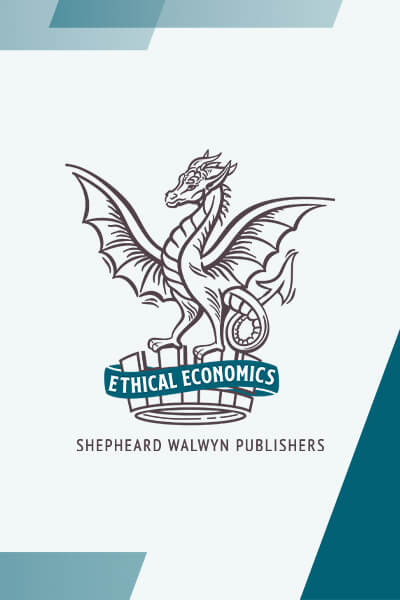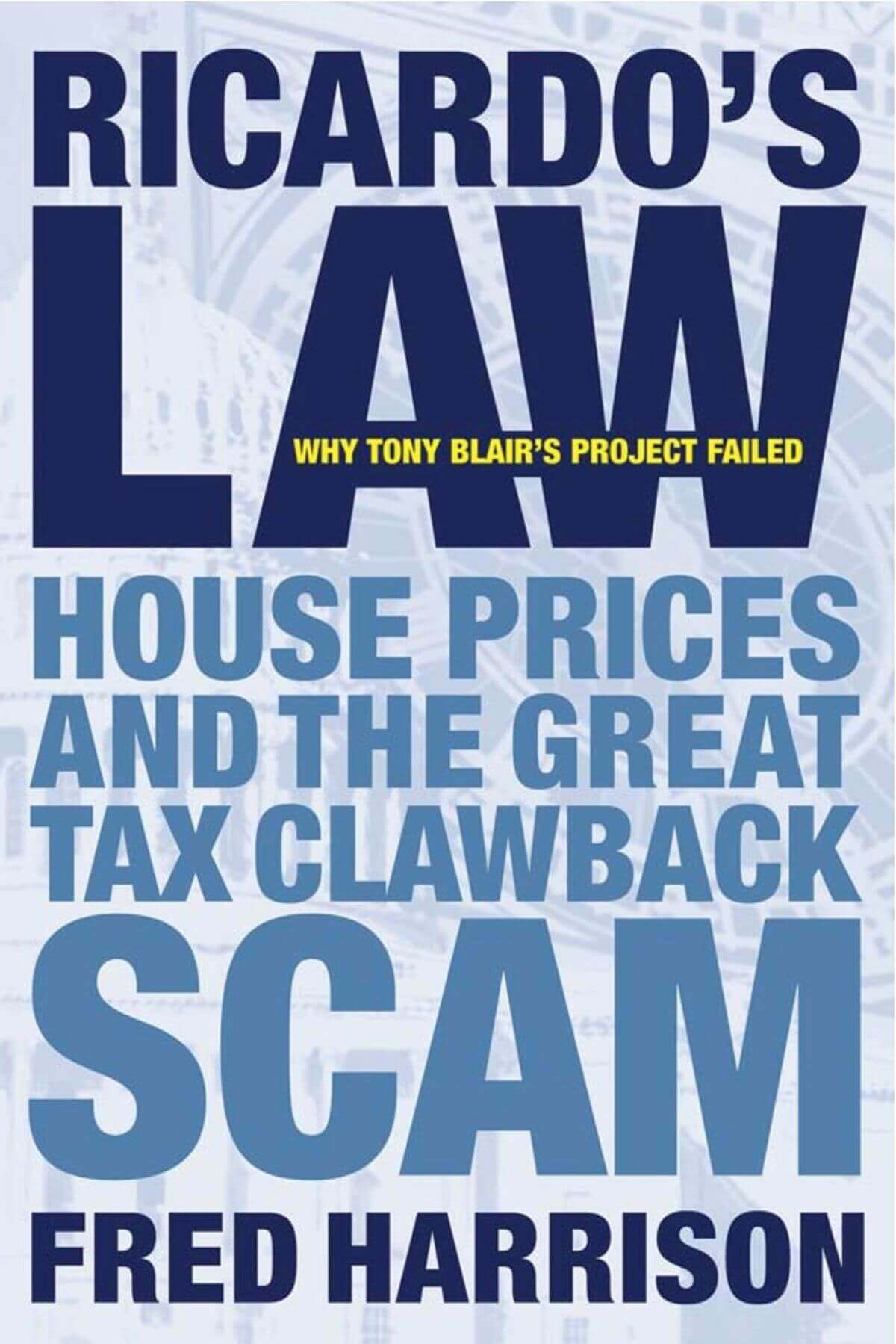In the five or six years the Ethical Economics blog site has been in existence, the most regularly visited blog has been ‘The Law of Rent – the concept’. Hardly a month has gone by without at least six visits, but in May this year there were an astonishing 112 visits.
What is the Law of Rent? As defined by the economist David Ricardo in 1809, it states: ‘The rent of land is determined by the excess of its product over that which the same application can secure from the least productive land in use’. It is also called Ricardo’s Law in his honour. In the Preface to his Principles of Political Economy, and Taxation, he stressed its fundamental importance to economics by stating: ‘… without a knowledge of [the law of rent], it is impossible to understand the effect of the progress of wealth on profits and wages, or to trace satisfactorily the influence of taxation on different classes of the community’.
What is its relevance today? It is largely ignored by modern economists, but in our forthcoming title (July) Rent Unmasked scholars team up with lawyers and an ecologist to reveal how a knowledge of the law of rent makes it possible to save the global economy and build a sustainable future. Through a fiscal reform, which would reduce the cost of tax collection and make tax avoidance virtually impossible, the growing inequality in income and wealth could be greatly reduced.







